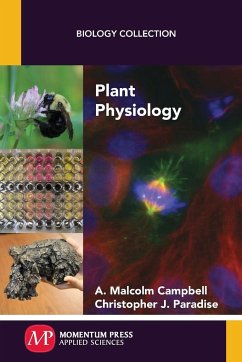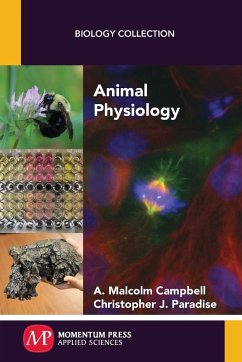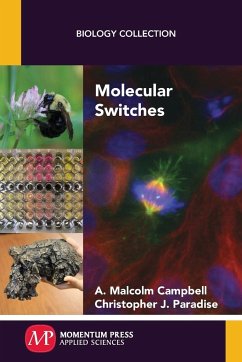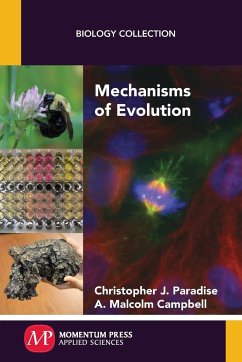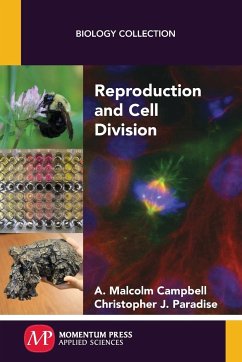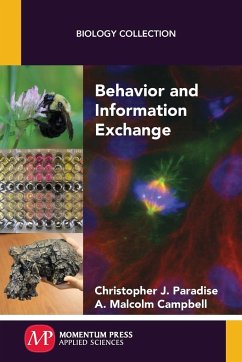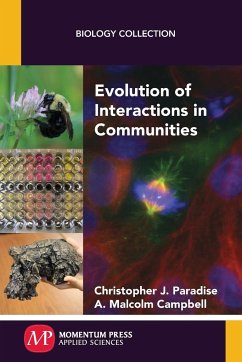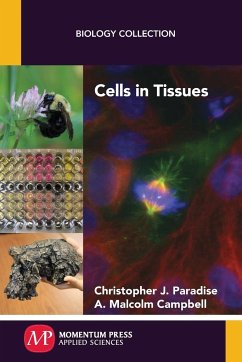This book examines three ways plants respond to their changing environment. The first example can be found in all plants. Despite the extreme changes in weather, plants have to stay where they are and respond to whatever nature produces. Plants have the capacity to respond quickly and yet they can evolve in a single generation. The second example addresses how an individual leaf has to respond rapidly and repeatedly to maintain the proper balance of carbon dioxide (CO2) and water so that it can photosynthesize but not dry out. This delicate balance is governed by a pair of cells that regulate the size of openings on leaves. The final chapter examines a unique example of a leaf that can move fast enough to trap insects and digest them. This book presents data that led to our understanding of how plants function on different time scales.
Bitte wählen Sie Ihr Anliegen aus.
Rechnungen
Retourenschein anfordern
Bestellstatus
Storno

